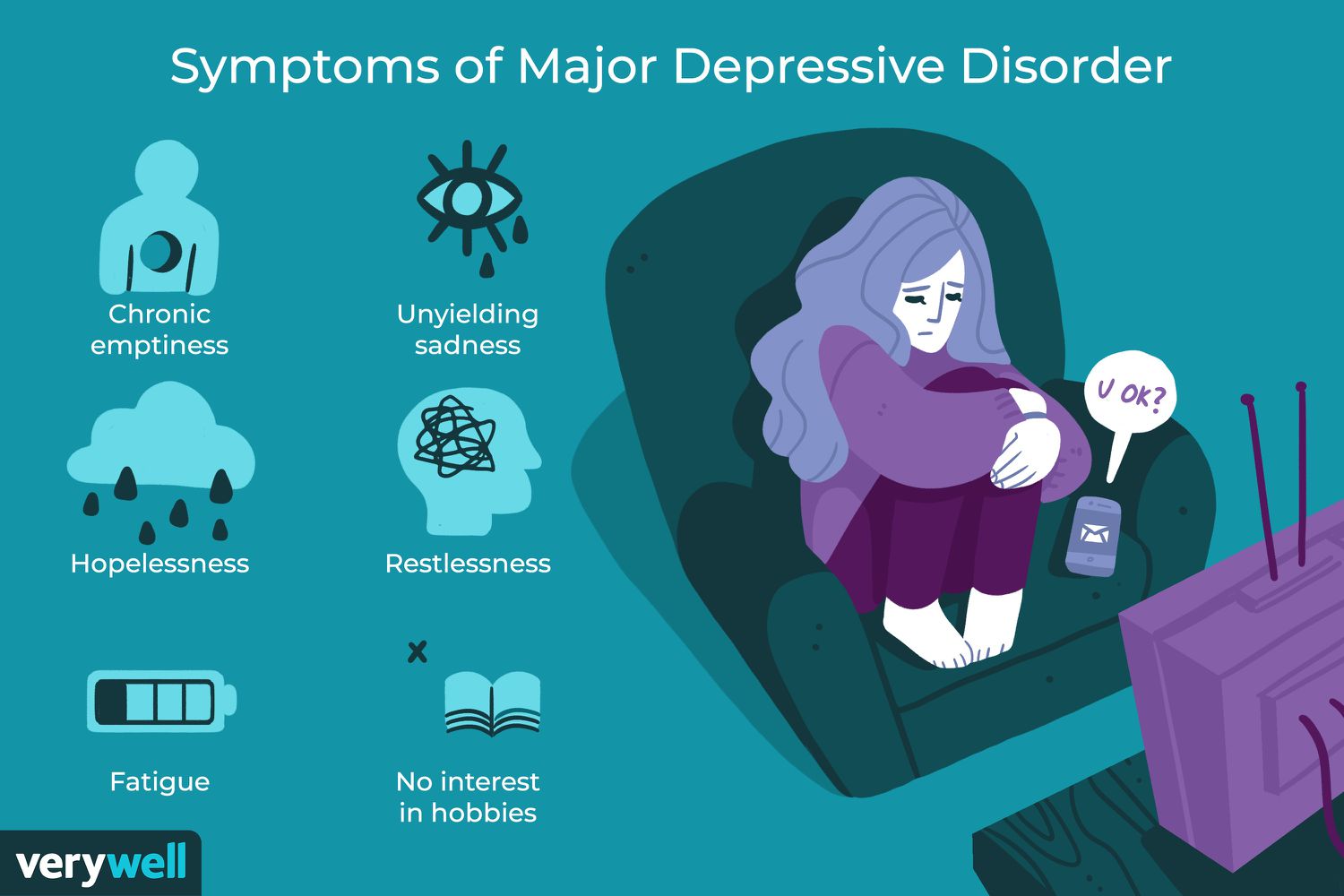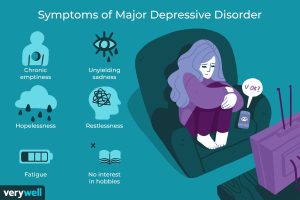
Common Symptoms of Depression : What You Should Know

14 Common Symptoms of Depression: What You Should Know
Depression is a complex and multifaceted mental health condition that can affect people in diverse ways. It's more than just feeling sad or having a bad day; it involves a persistent feeling of emptiness and affects many aspects of a person’s life. Recognizing the symptoms is a crucial first step toward seeking help. Here are 14 common symptoms of depression and what you need to know about each:
1. Persistent Sadness or Low Mood
One of the hallmark symptoms of depression is feeling sad, hopeless, or empty most of the time. This mood doesn't necessarily have a specific cause and can last for weeks or months.
2. Loss of Interest in Activities
Known as anhedonia, this refers to losing interest in hobbies, socializing, or activities that once brought joy. People may withdraw from friends or stop participating in activities they previously loved.
3. Fatigue or Low Energy
Depression often leaves individuals feeling drained, even after sufficient rest. Everyday tasks can feel overwhelming, and a lack of energy may hinder productivity.
4. Sleep Disturbances
Changes in sleep patterns are common in depression. Some people may struggle with insomnia, while others might sleep excessively (hypersomnia). Sleep problems often worsen other symptoms.
5. Changes in Appetite or Weight
Depression can either increase or decrease appetite. For some, this leads to significant weight gain, while others experience unintentional weight loss.
6. Feelings of Worthlessness or Guilt
People with depression often have intrusive thoughts about being inadequate or a burden to others. This sense of guilt is typically disproportionate to reality.
7. Difficulty Concentrating
Depression can impair focus, memory, and decision-making. Individuals might feel as though their mind is clouded or sluggish.
8. Restlessness or Agitation
Some individuals with depression experience physical restlessness, pacing, or an inability to relax. Others may feel a deep inner tension or agitation.
9. Slowed Movements or Speech
For some, depression leads to psychomotor retardation—feeling physically slowed down, moving or speaking more slowly than usual.
10. Physical Pain or Aches
Depression can manifest physically through unexplained headaches, muscle pain, or digestive issues. These symptoms often don’t respond to typical medical treatments.
11. Feelings of Hopelessness
A pervasive sense of despair about the future can make it difficult for individuals to see a way out of their struggles.
12. Social Withdrawal
Many people with depression isolate themselves from friends and family. They may cancel plans, avoid phone calls, and distance themselves emotionally.
13. Irritability or Anger
In some cases, depression can lead to heightened irritability or short-temperedness, which might seem out of character for the person affected.
14. Thoughts of Death or Suicide
The most serious symptom of depression is suicidal ideation. This can range from fleeting thoughts about death to making specific plans for self-harm. Immediate help is crucial for anyone experiencing these thoughts.
What to Do if You Recognize These Symptoms
Depression is treatable, and there’s no shame in seeking help. If you or someone you know is experiencing these symptoms, consider speaking to a mental health professional. Treatment options include therapy, medication, lifestyle changes, and support groups.
Remember: You don’t have to face depression alone. Reach out for support—you deserve care and healing.
Would you like me to expand on treatment options or any specific symptom?
Promoting a balanced life with organic foods, healthy recipes, and medical information for better wellness.
© 2024 DailyMeidicure.com. All Rights Reserved. Content on this site is for informational purposes only.